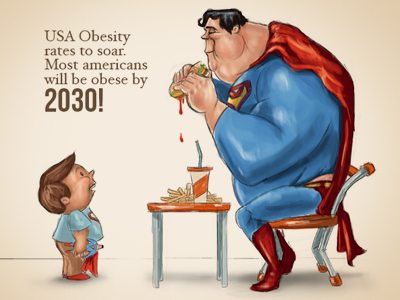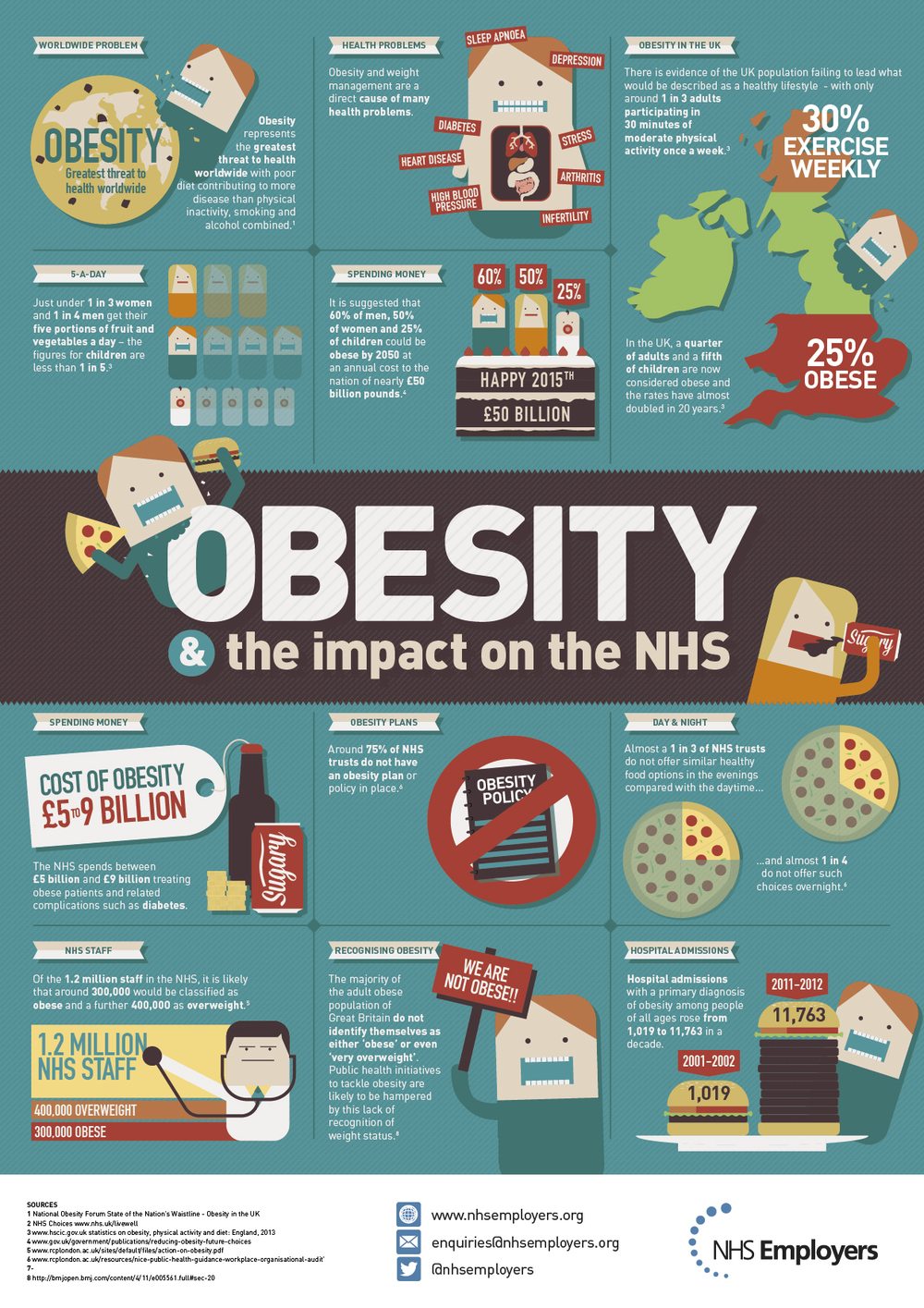Gene Accountable for Weight Gain Here’s why – Latest News
Starks or Lannisters? Cats or Dogs? Life is full of so many painful choices, and for many, “Stay skinny or eat pizza” is one of them.
Let’s not be humorless about it- “Broke the chair I don’t care: Fat merit” badges are indeed funny- it is a witty and empowering way to combat fat-shaming bullies. No one should have to go through life being sneered at by smug self-satisfied people, purely because of what they look like. But being obese is so much more complex than physical appearance alone.
Moreover, celebrating a condition which is second to smoking as a cause of cancer is highly problematic. It’s a big issue because it is the equivalent of walking around wearing a badge which says ‘blew smoke in
someone’s face- don’t care.’Normalising being overweight is dangerous. It is not healthy to be overweight and this needs to be remembered in the face of initiatives.
Obesity is commonly attributed to eating excess calories we fail to burn. Consequently, overeating and a sedentary lifestyle have long been thought to be the chief culprits in the obesity epidemic.
“There is this common belief in the field that much of obesity can be traced back to appetite and the appetite control centers that reside in the brain,” says Vann Bennett, senior author on this new study and George Barth Geller Professor of Biochemistry at Duke University School of Medicine. “But what if it isn’t all in our head?”
Mounting evidence shows that certain genes can make people more susceptible to becoming obese. Adding to the list, new findings from research conducted at Duke University and UNC-Chapel Hill implicate mutations in a gene called ankyrin-B, which is carried by millions of Americans and now thought to predispose people to obesity.
Gene variation causes fat cells to suck up glucose faster than normal, more than doubling their size. When an aging metabolism or high-fat diet is added to the equation, obesity becomes all but inevitable.
“We believe this gene might have helped our ancestors store energy in times of famine,” says Vann Bennett, “In current times, where food is plentiful, ankyrin-B variants could be fueling the obesity epidemic.”
Bennett discovered the protein ankyrin-B more than thirty years ago. It’s present in every bodily tissue and acts like an anchor by tethering important proteins to the inside of the cell’s membrane. Researchers have linked defects in ankyrin-B to a number of human diseases, including autism, muscular dystrophy, aging, diabetes, and irregular heartbeat.
“The problem is, we still didn’t know how this gene worked,” Bennett says.
Several years ago, Jane Healey, an MD/ Ph.D. student noticed that mice with cardiac arrhythmia caused by mutations in ankyrin-B were fatter than their wild littermates. To figure this out, mouse models that carried a couple of common human variants of the gene were created; Damaris Lorenzo, a postdoctoral fellow, found these mice quickly grew fat, locking away most of their calories in fat tissue rather than sending them to other tissues to burn as energy.
“Fat tissue is part of the metabolic axis, which also includes the liver, muscle, the pancreas, and the brain, all of which are in constant physiological cross-talk. Because of this, it’s common for issues appearing in one organ to have their origins in another. This tends to complicate the study of metabolic diseases, such as obesity and diabetes, but also makes it immensely interesting,” said Lorenzo, who is also a member of the UNC Nutrition Obesity Research Center (NORC) and the UNC Neuroscience Center. “Making matters more complicated is the fact that ankyrin-B plays roles in all these tissues, some of which we have yet to discover.”
To sort this out, Lorenzo, now an assistant professor of cell biology and physiology at the University of North Carolina at Chapel Hill, had her research group completely knock out the ankyrin-B gene in the fat tissue of mice.
Like the mice with the mutated gene everywhere in the body, the mice lacking ankyrin-B in fat tissue also gained weight over time or when fed a high-fat diet, and suffered from the same metabolic derailments. This result suggested that insufficiencies in the ankyrin-B gene in adipose tissue are sufficient to cause obesity.
“We quickly learned that the increased accumulation of lipids in fat cells “spilled over” to the liver and muscles,” she said. “The abnormal accumulation of fat in these tissues led to inflammation and disruption of response to insulin, a hallmark of type 2 diabetes. A similar cascade of events often takes place in humans, and that is why obesity can be so detrimental to our health.”
It is estimated that 1.3 percent of European Americans and 8.4 percent of African Americans possess some kind of mutation in the ankyrin-B gene and this could make them more susceptible to obesity than others. The immediate result of this kind of research could allow doctors to identify patients with a potential propensity for obesity.
“One of our immediate goals is to learn whether the same cellular defects take place in humans carrying these mutations and whether they also lead to higher chances of developing obesity,” said Lorenzo. “If we confirm that this is indeed the case, we could identify at-risk individuals who can then become proactive about keeping their weight under control.”
































